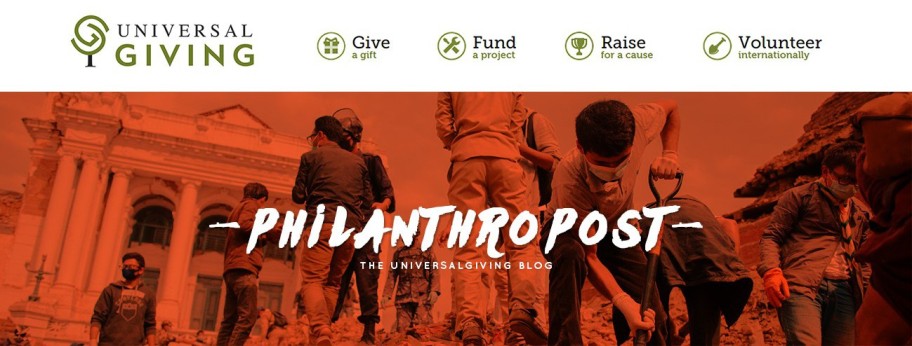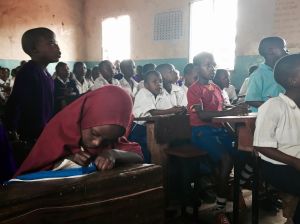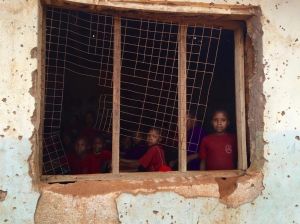This past summer, I was blessed with the opportunity of interning at the Environmental Protection Agency’s (E.P.A.) headquarters. Going into the internship, I had no idea what to expect. I remember the nervous excitement I felt as I carefully picked out the suit I would wear the night before my internship (which I had borrowed from my mom), and repeatedly checked my alarm clock three dozen times before bed to ensure I wouldn’t be late.
The first day was a blur full of awkward initial introductions and jittery excitement—there was so much for me to absorb. From the security guards and the metal detector at the entrance to the huge glass meeting doors etched with the E.P.A. logo, I was surrounded in an entirely new environment. My coworkers gave me brief explanations of the projects they had been working on using complex jargon which had no doubt become second nature to them. I was excited to devote my summer towards working with like-minded professionals who were as passionate about environmental sustainability as myself.
My project this summer was to organize the National Stakeholder Forum promoting Sustainable Materials Management in the Built Environment (B.E.) which would be held the upcoming fall. The built environment encompasses everything from buildings, infrastructure, parks, and public transportation systems, and is a crucial component of our daily lives. At the forum, the E.P.A. would work to promote a relatively new concept called Life Cycle Thinking amongst stakeholders, which focuses on reusing and recycling at all stages of a product’s lifecycle rather than just the end.
Within the first few days, I learned of the dire environmental impacts of the built environment—something I as well as most have probably never considered. In the 2017 Infrastructure Report Card conducted by the U.S. Army Corps of Engineers, the U.S. received a D+, which has negative implications for the reliability and safety of our nation’s infrastructure. Approximately $4.59 trillion in investments will be needed in the near future to refurbish the built environment, and demand for these materials are expected sky-rocket. Because these materials are becoming scarcer to find in their natural form, it is all the more critical that we begin to reuse and recycle them to preserve them for the future.
To further our work on the National Stakeholder Forum, I sat in on key stakeholder phone calls and worked with groups such as the U.S. Green Building Council, the U.S. Army Corps of Engineers, and the World Economic Forum. My weeks were always packed with meetings, ranging from intra-agency briefings to those with the U.N. Environmental Program (U.N.E.P.) that covered briefings from the G-7.
During my seven weeks at the E.P.A., I was shocked to realize just how much of the skills I had obtained from UniversalGiving had translated. Even the simplest tasks such as drafting professional emails to co-workers were something I had first learned to do during my time at UniversalGiving. At the E.P.A., I was able to manage time-sensitive tasks efficiently and thoroughly, to independently solve problems I encountered, and to easily adapt to changes in the workforce, all of which I attribute to my experience in UniversalGiving’s fast-paced environment.
Another reason I was excited to work at the E.P.A., a larger governmental agency, is because it would allow me to compare the work I did there with the work I did at UniversalGiving, a smaller-scale nonprofit. Both were driven by a similar mission of helping others, and I wanted to determine first hand, how the different organizational structures would play out in their work. Though I believe both sectors had their pros and cons, what struck me was the passion and kindness that were commonplace in both work environments. There was not a time when I smiled more, or felt as passionate about my work than when I was working with like-minded individuals at the E.P.A. or at UniversalGiving. Oftentimes, it is easy to become discouraged and to feel alone when facing a battle as large as tackling poverty in developing nations, or combating climate change. However, through my time in both organizations, I have come to understand the value of community. Community is what keeps us grounded in our goals despite hardships, it is what keeps us passionate, and it is what gives positive change a place in the world.





